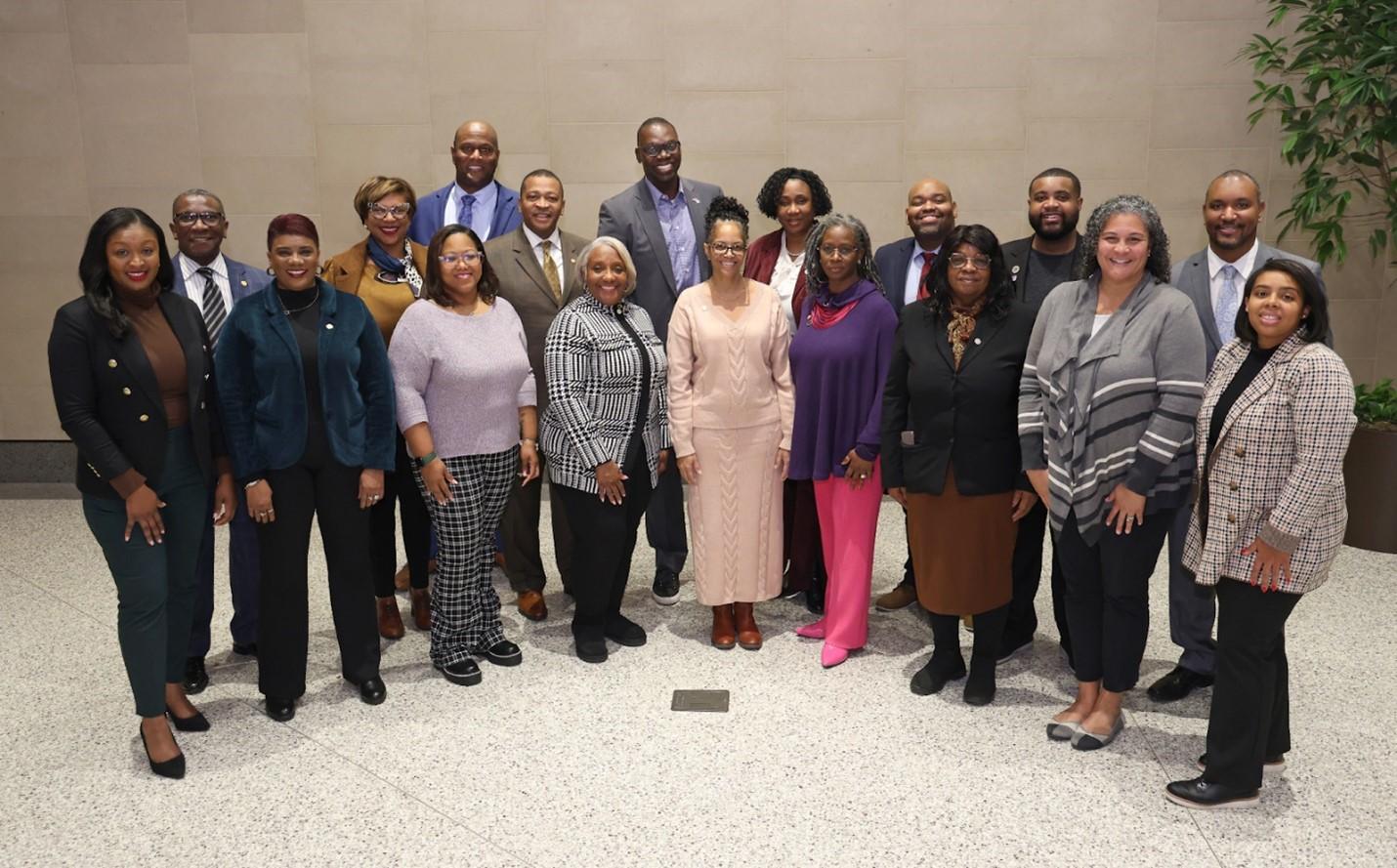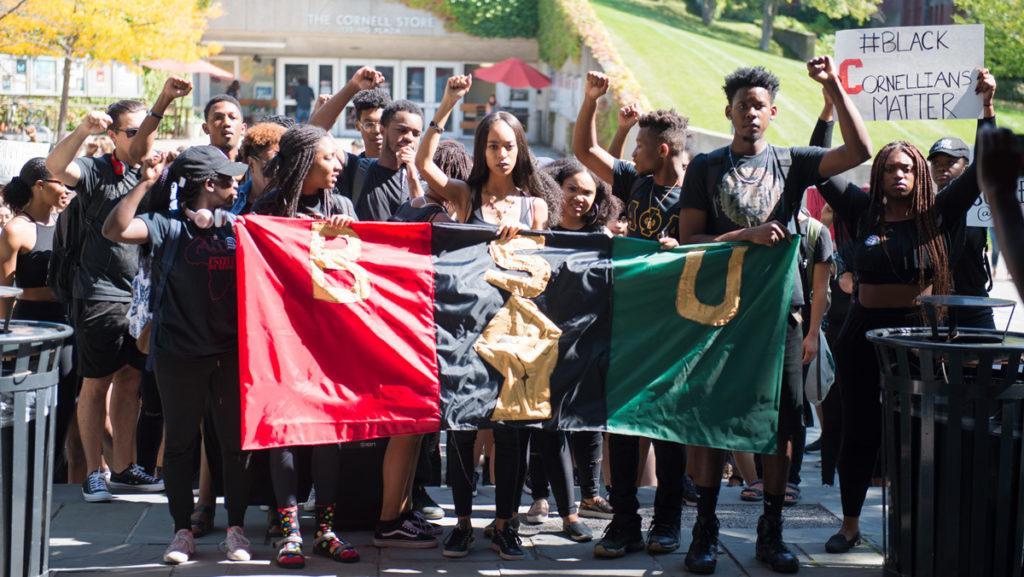In the unfolding drama of privilege and consequence, a recent high school graduate’s momentary lapse of judgment has cast a long shadow over his academic future. The Morristown-Beard School alumnus, whose name has been withheld, finds himself at the center of a controversy that has effectively derailed his anticipated journey to Cornell University, after a disturbing video surfaced capturing him using a deeply offensive racial slur. The incident that unfolded at Morristown-Beard School has reverberated through academic circles, highlighting the ongoing challenges of racist behaviour among young adults. A recent graduate, whose name remains undisclosed, found himself at the center of a controversy after footage surfaced showing him using a deeply offensive racial slur.
Cornell University, renowned for its commitment to diversity and inclusive academic environments, swiftly responded by rescinding the student’s admission. The decision sends a clear message about the institution’s zero-tolerance approach to discriminatory language and behaviour.
Social media played a pivotal role in bringing the offensive conduct to light. The viral video captured the graduate using a derogatory term, sparking widespread condemnation from students, alumni, and the broader community. Within hours of the video’s circulation, both Morristown-Beard School and Cornell University were compelled to address the situation publicly.
The consequences extend beyond the immediate loss of university admission. The incident has prompted critical discussions about accountability, racial sensitivity, and the long-term implications of momentary lapses in judgment. Educational institutions increasingly recognize that their responsibility encompasses not just academic excellence, but also character development and fostering respectful interpersonal relationships.
Morristown-Beard School, a private institution with a reputation for academic rigor, found itself navigating a complex landscape of institutional reputation and student accountability. The school’s administration has been notably measured in its response, emphasizing the importance of learning from such incidents while maintaining the dignity of all involved.
Cornell’s decision reflects a broader trend among top-tier universities to protect campus culture and ensure safe, inclusive learning environments. The swift action demonstrates that academic achievements cannot compensate for fundamental breaches of respect and human dignity.
Legal and ethical experts have weighed in, noting that such incidents represent more than isolated moments of poor judgment. They reflect deeper systemic issues of racial understanding and cultural sensitivity that persist in educational and social contexts.
The ramifications of this incident will likely extend far beyond the individual student. It serves as a stark reminder of the permanent digital footprint created by personal actions and the serious consequences that can emerge from a momentary lapse in judgment.
While the specific details remain limited, the case underscores the critical importance of fostering environments of mutual respect, understanding, and empathy across educational institutions nationwide.

